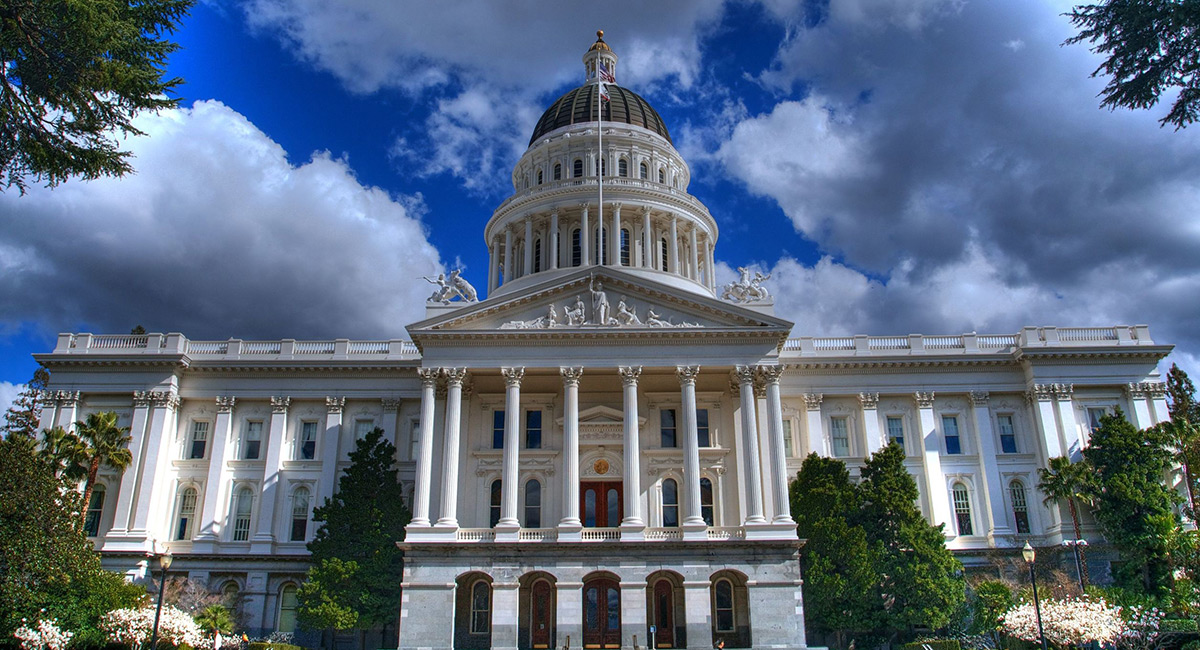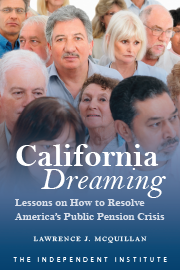At a recent California community colleges board meeting, Gov. Jerry Brown said transparency is key to increasing voter trust in government and would help pass his tax-extension plan. He’s right, but national sunshine week slipped by without Brown proposing any reforms to strengthen state sunshine laws. Instead, he worked to weaken them.
In January, Brown proposed to de-fund the open-meeting mandates to save a paltry $63 million out of a proposed $85 billion budget. The money reimburses local agencies for the cost of posting meeting notices and agendas and to announce actions taken in closed sessions. Fortunately, the Legislature funded the mandates in the recently passed budget bill. Instead of furthering government secrecy, Brown should work to strengthen sunshine laws, which could help his ballot plans.
Some research shows that greater transparency can cause voters to support expansion of certain government programs because voters can efficiently monitor politicians, and they gain greater assurance that their tax dollars actually go to intended beneficiaries. Brown would be wise to understand this and pair any tax-extension ballot proposal with a measure to improve the state’s transparency laws, which are in decline.
Of the 50 states, California ranks a mediocre 17th for its open-records laws and a dismal 45th for its open-meetings laws, according to the BGA-Alper Integrity Index. Once a national leader in open government, California now receives an “F” for its open-records laws from the National Freedom of Information Coalition and the Better Government Association. Reforms are long overdue.
Brown should propose a faster, competitive, nonjudicial administrative review process by allowing an individual who alleges a violation of an open-government law to appeal to an agency head or a state ombudsman with authority to render administrative rulings on complaints. Virginia has an ideal model. Currently, the only recourse in California is to file a lawsuit in Superior Court, which tends to be slow and costly compared to a first-tier administrative remedy.
California does not punish violations of public-records laws, leading the BGA to conclude California lacks “a serious commitment to the policy underlying an open-records act.” Brown should propose stiff criminal and civil penalties for open-government violations.
Brown should also propose more “affirmative disclosure”—releasing certain information to the public before a request is made. An ideal affirmative disclosure would be a legislative requirement to post on a searchable website the salaries, benefits, business expenditures and gifts for all public employees in California.
As the city of Bell shows, public pay is the public’s business, but, unfortunately, darkness has crept into the Golden State’s sunshine laws over time. The 1968 California Public Records Act now contains nearly 40 pages listing records not required to be disclosed.
Brown should create a “sunset” commission to review all exemptions to the open-records and open-meetings requirements and recommend which exemptions should be abolished or narrowed. The Legislature would then vote up or down on each recommendation. Brown should also propose a two-thirds super-majority vote by the Legislature to add new nondisclosure laws, as required in Florida.
In 2004, California voters overwhelmingly approved Proposition 59, which gives constitutional protection to the “public’s right to know” as embodied in Article 1, Section 3 of the California Constitution. Administrative review, penalties, affirmative disclosure, a sunset commission and other reforms would help fulfill that constitutional promise.
It’s likely that California voters, in the middle of a recession, would defeat Brown’s tax plan at the ballot box. But the governor can help his chances by taking his own advice and strengthening transparency laws to fight government secrecy.










